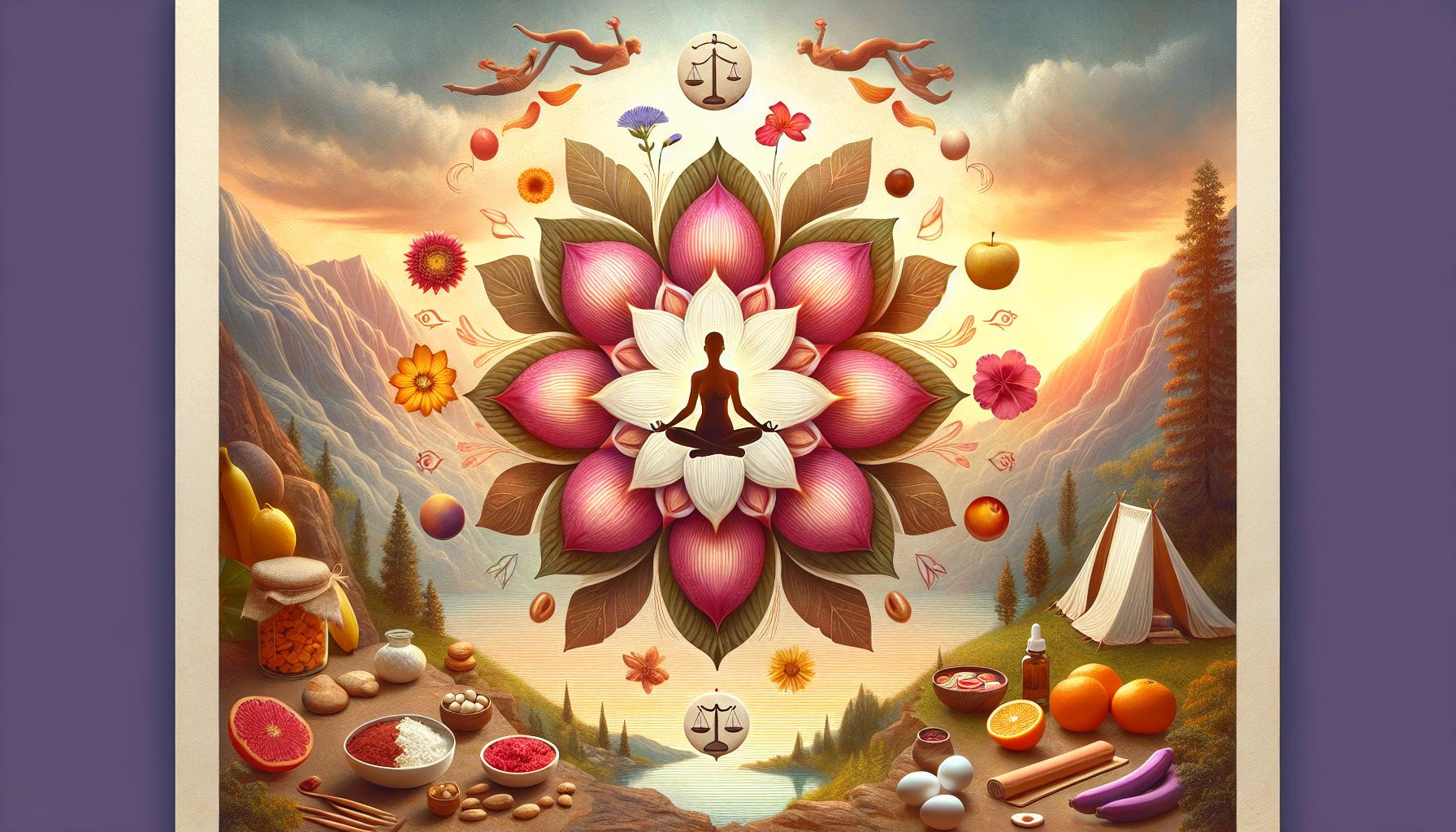
Introduction
As we navigate the gateway to open discussions about women’s libido, one critical question that frequently surfaces is: “What hormone causes low libido in females?” In response, the primary hormone linked with underwhelming desire in women is low estrogen level. However, the realm of female libido is not confined to estrogen alone, as a colorful tapestry of other hormones also plays vital roles, combining to create the complex intricacies of female sexual desire. In this article, we will be unearthing the different hormones contributing to this matter, their effects, and ways to balance them for optimal sexual health.
Estrogen: The Main Culprit
Often viewed as the quintessential female hormone, estrogen upholds a significant influence over a woman’s libido. When the estrogen level dips, the desire for sexual intimacy can take a similar downward trajectory. But the reach of estrogen far exceeds just sexual drive. This hormone also plays a role in maintaining the overall health and comfort of the feminine sexual organs, with a decrease associated with vaginal dryness and discomfort during intercourse, factors that can contribute to a decline in sexual desire.
The Estrogen-Libido Link
Estrogen and libido are like two peas in a pod; one directly influences the other. Lower estrogen levels can reduce blood flow to the vagina, leading to decreased sensitivity, less natural lubrication, and thus, a decline in sexual desire. These physiological changes can turn the allure of intimacy into an uncomfortable endeavor, contributing to a dip in libido.
Progesterone, The Unsung Hero
While estrogen grabs the limelight in discussions about women’s libido, progesterone— often overlooked— does play a role too. This significant hormone works in harmony with estrogen and can influence libido indirectly. If progesterone levels are too high, a woman might experience symptoms like fatigue and mood swings, which can extinguish the flame of sexual desire.
Progesterone and Its Role
Progesterone, affectionately known as the ‘calming hormone’, promotes feelings of relaxation and sleepiness. It might seem like an odd partner to the hormone-fueled frenzy of libido, but consider this: if a woman’s body is too stressed or anxious to relax, the door to sexual desire might remain firmly shut. In this case, can you see how progesterone’s calming influence could set the stage for sexual intimacy?
The Testosterone Tangle
Testosterone, often branded as the ‘male hormone,’ also plays a surprising and important role in female libido. If testosterone levels are low in a woman, she may experience diminished sexual desire, arousal difficulties, and fewer spontaneous sexual thoughts. Therefore, balancing this hormone is also crucial for maintaining a healthy libido.
The Impact of Testosterone
Although testosterone is present in much smaller amounts in females than in males, it still boasts powerful effects on women’s sexual drive. As well as having a direct impact on sexual desire, testosterone also contributes to muscle strength, bone health, and mood; factors which, when combined, can seduce or suppress libido.
Conclusion
Understanding the hormonal jigsaw that underpins female libido can help navigate the complex world of women’s sexual health. While estrogen is the star player, its teammates, progesterone and testosterone, are equally crucial in the game. Balancing these hormones can aid in maintaining and improving female libido, providing a path to greater sexual wellbeing.
Frequently Asked Questions
1. Can low estrogen cause a decrease in female libido?
Yes, low estrogen can result in reduced sexual drive and other issues like vaginal dryness, making intercourse uncomfortable that may further decrease libido.
2. Does testosterone play a role in female libido?
Despite being considered the ‘male hormone,’ testosterone does influence female sexual desire. Lower levels may result in reduced libido, arousal difficulties, and fewer spontaneous sexual thoughts.
3. How does the hormone progesterone affect female libido?
High progesterone levels can lead to symptoms like fatigue and mood swings, which could affect libido. Its calming influence can also set the stage for sexual intimacy under the right circumstances.
4. Can hormonal imbalance lead to low libido in women?
Yes, hormonal imbalances, including lower levels of estrogen or testosterone or higher levels of progesterone, may contribute to a decrease in sexual desire in women.
5. Is it possible to balance hormones to improve libido?
Absolutely. Lifestyle changes, dietary adjustments and, in some cases, hormonal therapies can all help balance hormones and therefore improve libido. Always consult with a healthcare provider for personalized advice.

